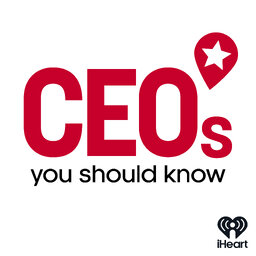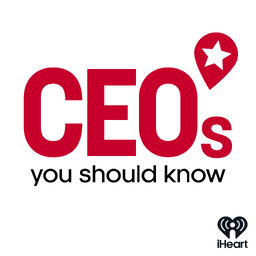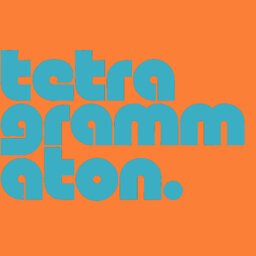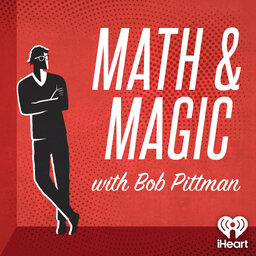Suzy Deering: “We are at the moment where everything changes. And a big reason we’re at that moment, is the F-150 Lightning.”
Suzy Deering has been preparing to take the business world by storm since the second grade, and she certainly has. She’s shaped powerhouse brands like Verizon and eBay, and now serves as the Global CMO of Ford. Learn how Suzy’s experience shepherding landline customers to wireless is informing her marketing strategy around electric cars, and why your car isn’t just a car— it’s a lifestyle.
Math & Magic: Stories from the Frontiers of Marketing with Bob Pittman
How do the smartest marketers and business entrepreneurs cut through the noise? And how do they mana…Social links
Follow podcast
Recent clips

CEOs You Should Know: Chon Nguyen, CEO of Newgentek
11:06

CEOs You Should Know: Avani Desai, CEO of Schellman
10:48

Listen to Bob on Tetragrammaton with Rick Rubin
16:35
 Math & Magic: Stories from the Frontiers of Marketing with Bob Pittman
Math & Magic: Stories from the Frontiers of Marketing with Bob Pittman